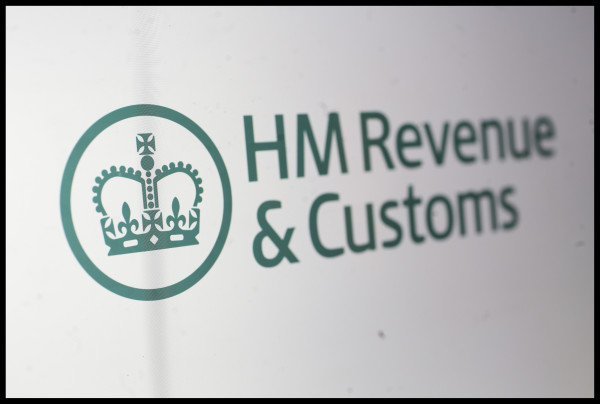

The disguised remuneration loan charge applies to individuals and companies that paid workers through loans rather than salary, with the intention that the loans never be repaid.
As loans are not taxable, no income tax was paid. The Finance Bill currently working its way through parliament will ban this practice and also apply the tax retrospectively going back as far as 1999.
In its latest communication on the matter, HM Revenue & Customs said a number of schemes are being promoted which claim to offer a way for taxpayers to avoid the charge.
The communication stated: "HMRC is aware of more arrangements currently being marketed that also claim to avoid the loan charge. It is HMRC's strong view that these schemes do not work and HMRC will tackle the promoters and users of these arrangements."
The taxman said taxpayers would know the schemes were bogus if they were being marketed from an offshore location such as Cyprus or Malta, if they claimed that by entering the scheme disguised remuneration loans would be paid off, or if the scheme had "professional marketing material".
HMRC added: "Beware of any arrangement that suggests a disguised remuneration loan can be ‘paid off’ or ‘repaid’ without a real economic consequence to the transaction – suggesting that the scheme user will not suffer any material financial cost (apart from fees).
"Any scheme or arrangement that claims to avoid the loan charge is tax avoidance. If it looks too good to be true, it usually is."
It added that by signing up to these schemes, taxpayers would probably have to pay administration and promoters fees to the scheme and remain liable for the loan charge.
The retrospective nature of the tax change has angered a number of MPs, 38 of whom signed an amendment tabled by Lib Dem Sir Ed Davey which calls for a review of this.
Sir Ed said it was part of the "rule of law" that tax changes do not apply retrospectively.
HMRC's view is that because the loans may cover a period in the past, remain unpaid as of now, the law is not being applied retrospectively.
Sir Ed’s view is that because many taxpayers told HMRC about the loans in the past, and had their tax returns signed off for that particular year, the law is being applied retrospectively.
Nicky Morgan, chairman of the Treasury Select Committee, said applying the rules retrospectively violated the principle of "certainty" - the idea that a citizen knows fwhat the rules are at any one time, and how to apply those rules.
HMRC said there were 50,000 people liable to pay the charge, with an average payment of £13,000. The taxman expects to raise £3.2bn from the charge, with three quarters of that coming from the employers.
david.thorpe@ft.com



